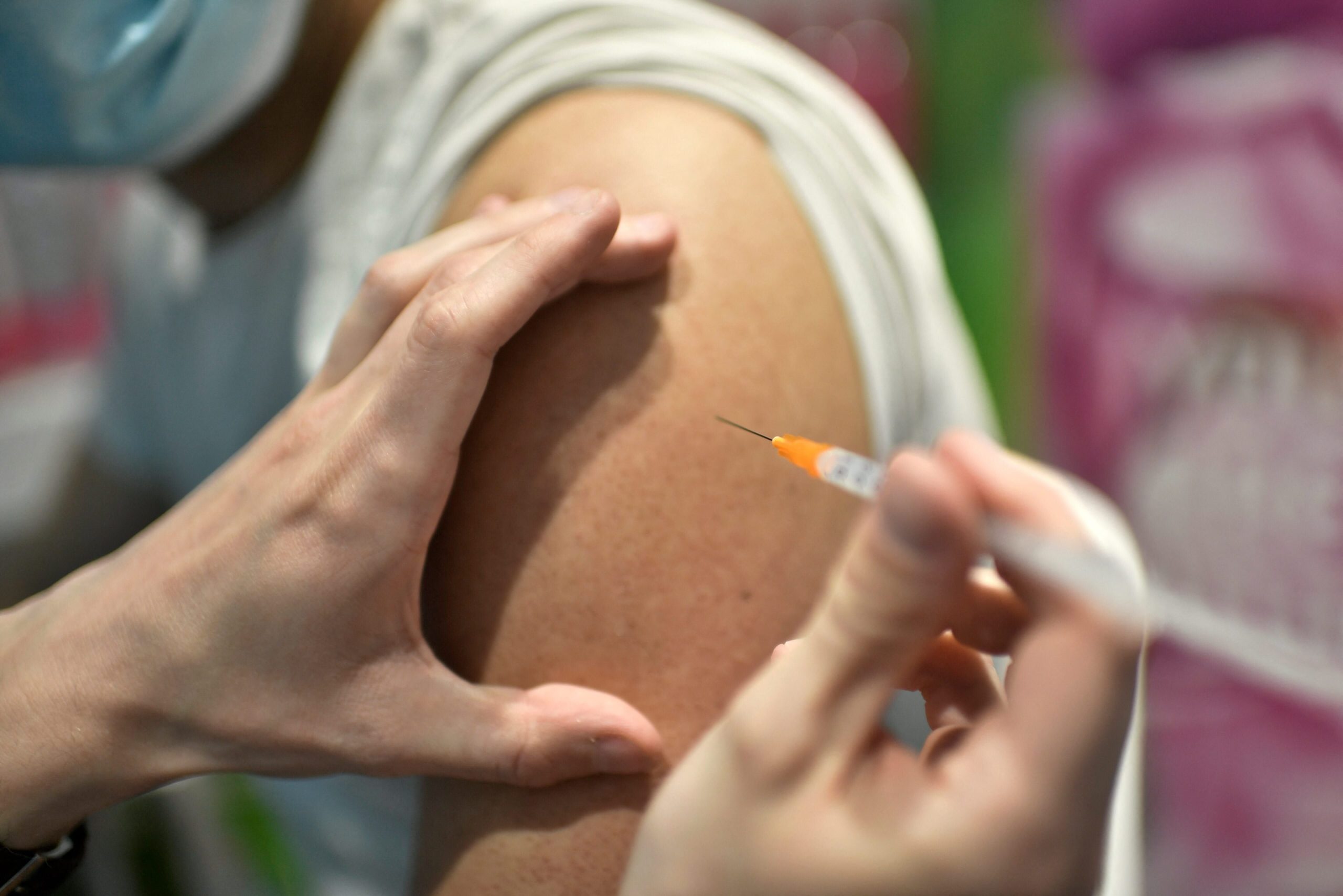
A pharmacist tends to make an injection of the Moderna Covid-19 vaccine at a pharmacy in Paris, on June, 4, 2021. STEPHANE DE SAKUTIN/AFP through Getty Visuals
With a lot more than half its populace fully vaccinated, the U.S. would seem to be in close proximity to the conclude of the COVID-19 pandemic. (Not to point out that the U.S. has the two most helpful COVID-19 vaccines in the earth.) Having said that, herd immunity may perhaps not be as close as we thought, as new stories arise that people today on sure immunosuppressive drugs may well not have made an adequate response to vaccines.
In accordance to a CNN report Friday, a 73-yr-aged female who was taking a drug to deal with inflamed lung blood vessels detected no antibodies against COVID-19 immediately after obtaining two doses of the Pfizer vaccine. “Her health practitioner had been looking through latest health-related scientific studies suggesting the vaccine may well not work nicely for some people getting remedies like hers,†the report states.
Which is not a little group of individuals. In accordance to a recent study by scientists at the University of Michigan, about 60 million Us residents are using immunosuppressants that could weaken the effect of vaccines.
None of the approved COVID-19 vaccines was examined in people with immune deficiencies. In truth, vaccine makers exclusively excluded these persons through clinical trials.
“No a single truly expected the vaccine responses would search so terrible,†Kathryn Stephenson, an infectious condition professional and assistant professor at Harvard Health care School, advised CNN.
“It’s develop into these a frequent issue, such a stage of stress and anxiety for individuals,†she added, “that final 7 days we experienced 3 diverse conferences and conferences and seminars all conversing about this and hoping to figure out procedures about what to convey to them.â€
For now, Stephenson suggests that individuals not examination antibody amounts following vaccination, mainly because it may possibly not be adequate to say irrespective of whether the vaccine truly worked. The Fda and CDC also suggest in opposition to testing antibody ranges.
To get a clearer knowledge of how COVID-19 vaccines operate in immune-compromised people, the Nationwide Institutes of Wellbeing strategies to recruit volunteers for specific studies this summer months.
“[We’re] going to have to figure out what do we have to have to do if we want to adequately protect these individuals,†explained Anthony Fauci, the director of the NIH’s Countrywide Institute of Allergy and Infectious Illnesses (NIAID), on Friday.

